In a 6-3 ruling, the Supreme Court voted to overturn the Professional and Amateur Sports Protection Act (PAPSA), a law passed in 1992 that placed a nationwide ban on sports betting, with some key exceptions. The most obvious exception being the state of Nevada, the only state where sports betting has been legal since the passing of PAPSA.
The ruling paves the way for states to individually legalize sports betting. Five states have already passed bills that will do so and 14 other states have introduced legislation to legalize sports betting. While Washington State is not among either of these groups, the ruling opens the possibility down the line. Even without legislation change imminent, the effects of the ruling have already reached the state of Washington and Seattle University.
Teri Carson, Seattle U’s Athletics Assistant Director for Compliance and Student-Athlete Service, spoke to how the ruling will affect collegiate athletics.
“The NCAA is looking at restructuring in light of the new legislation that has come out with the ruling,” she said.
In the first of potentially many changes, the NCAA announced they would amend a current rule that disallowed holding championships in states where sports betting was legal. While this is a temporary change in the wake of the ruling, the NCAA’s statement indicated it was being discussed as a permanent revision.
The NCAA prohibits student-athletes, coaches, athletics administration and anyone else who has a touchpoint with athletics from participating in sports betting. This ranges all the way from team support staff all the way up to—in the case of Seattle U—President Sundborg.
The penalty for sports betting? A lifetime ban with no option to appeal, no matter the nature or level of gambling.
“If you’re talking about someone’s losing eligibility for doing Super Bowl squares with their grandma and you’re equating that to point shaving, it logically doesn’t make sense,” Carson said.
Point shaving is when a player intentionally performs—or rather underperforms—in a way in which they or their team do not cover a point spread. The player may earn a share of the winnings for doing so. Amateur players are logically more susceptible to these illicit offers, since unlike professionals, they are not earning money to compete.
“I think the ruling will streamline the idea that those are not one in the same and as sports wagering becomes a more normal practice we will have to orient ourselves in a way that makes sense, but also that continues the integrity of NCAA,” Carson said.
Carson has been in her current role since Sept. 2017 and has yet to deal with any incidents of sports betting at Seattle U.
Alec may be reached at
adowning@su-spectator.com


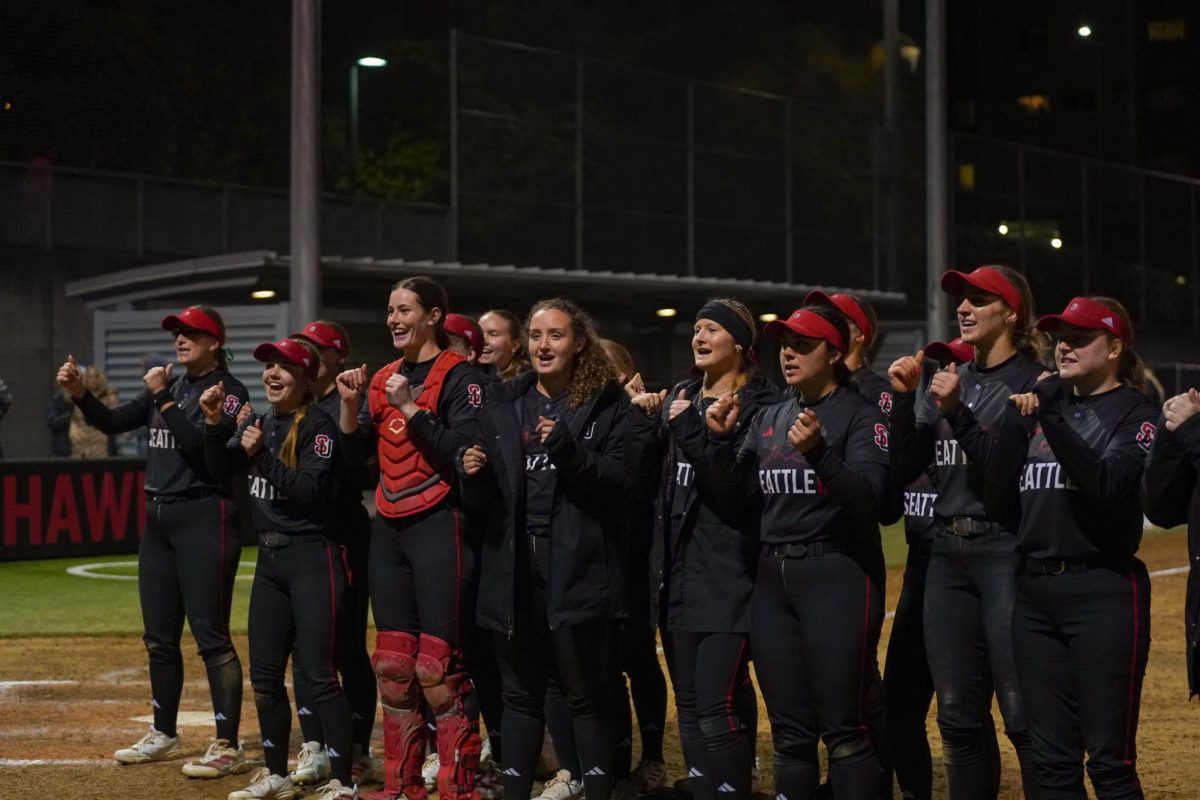
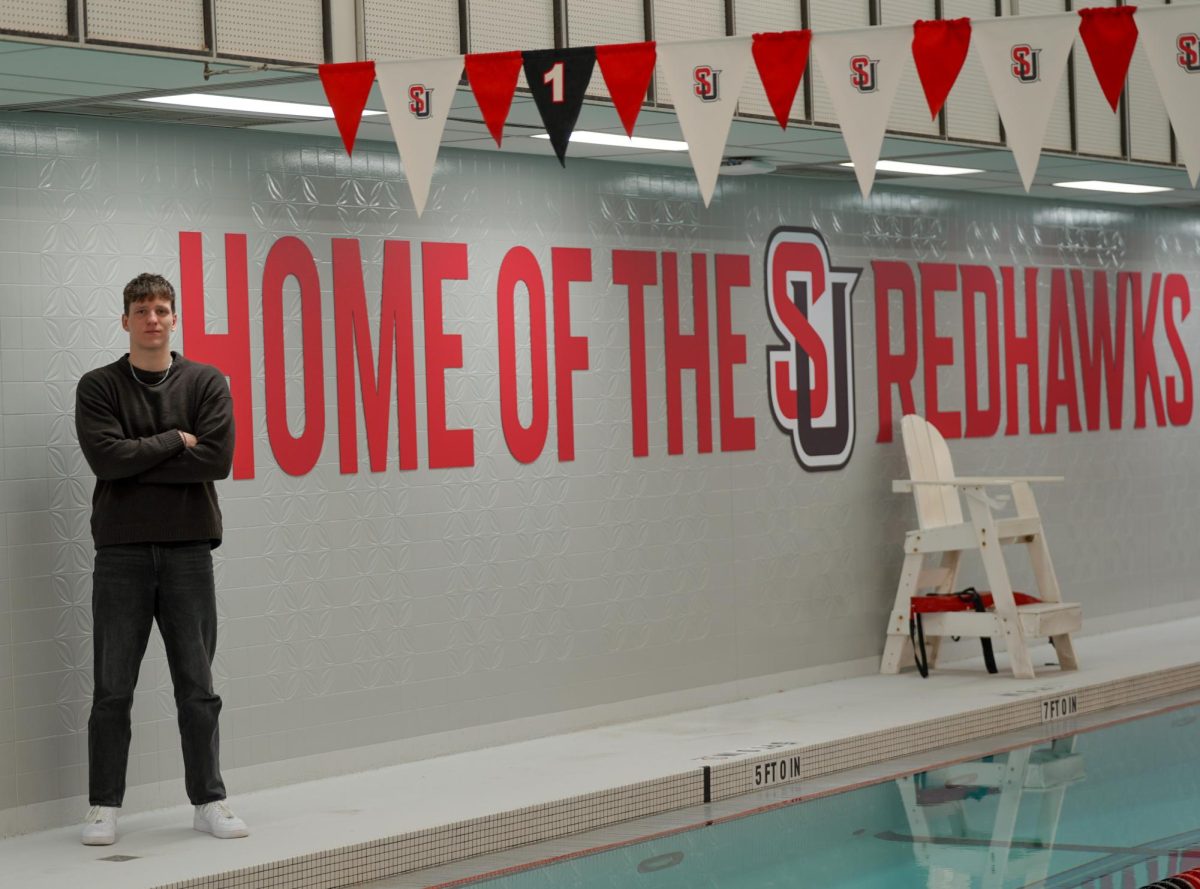
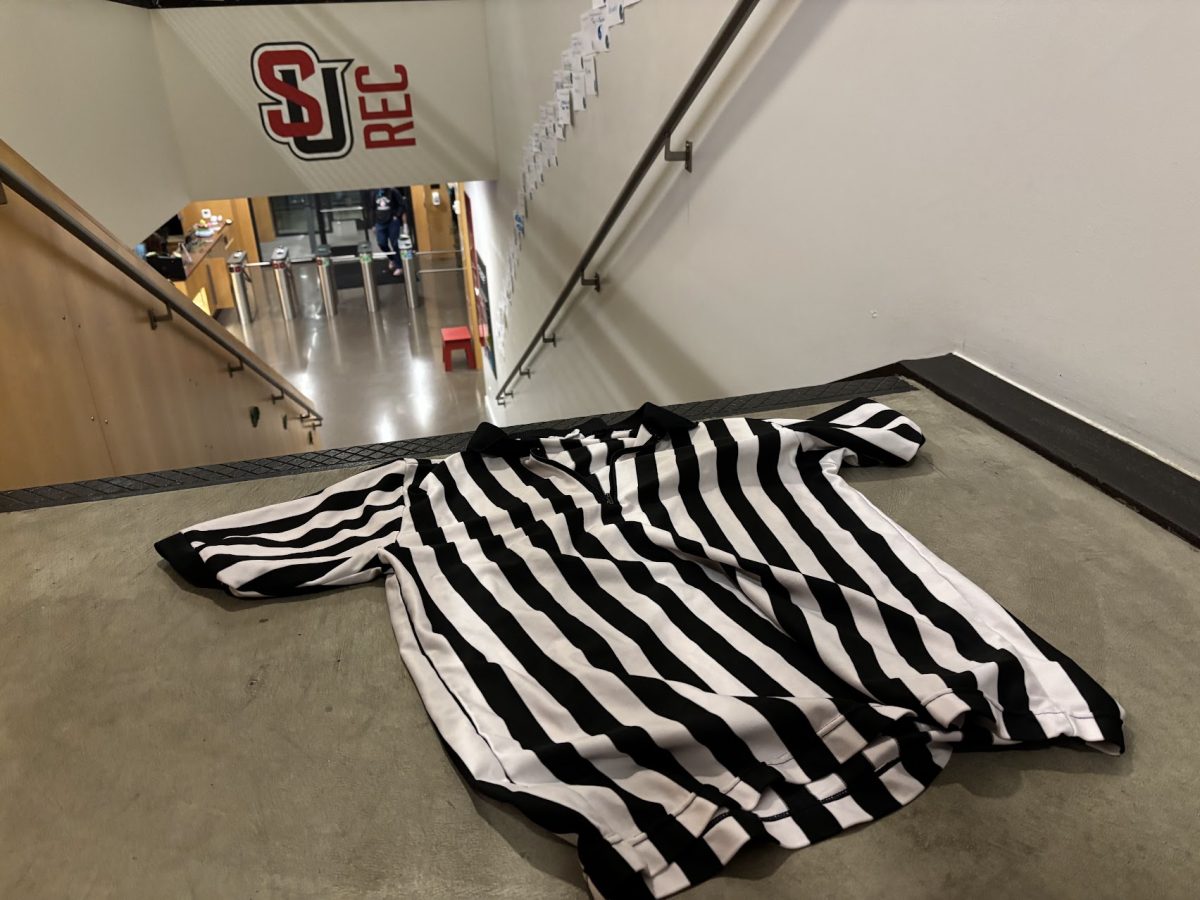
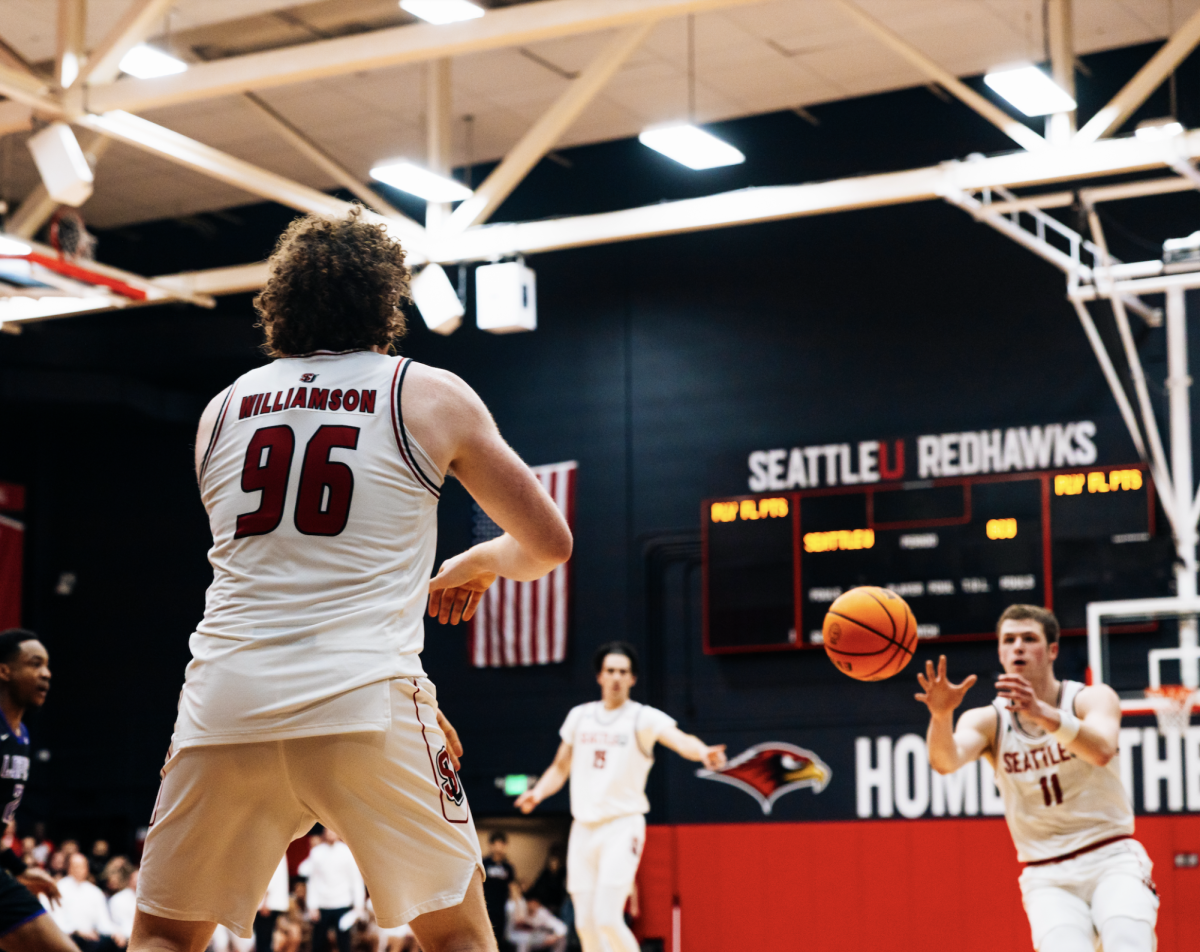
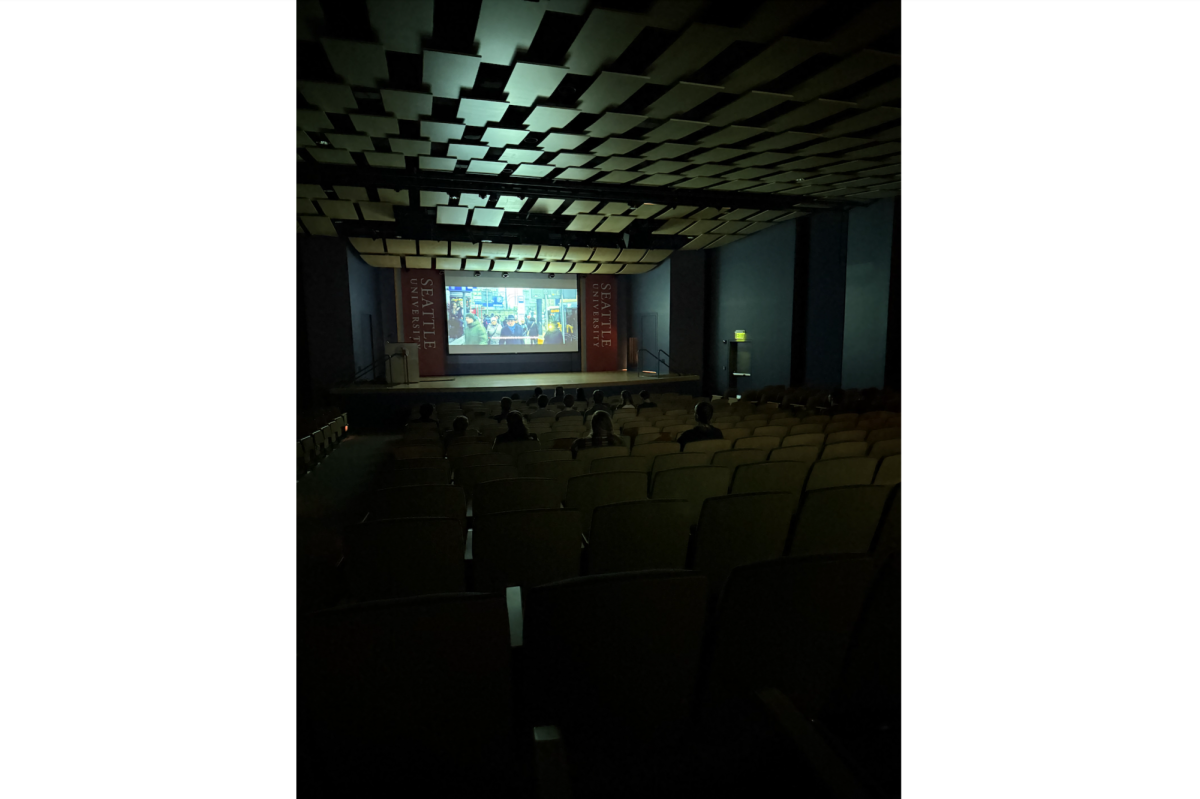
![All My Favorite Soccer Players Are Retired [OPINION]](https://seattlespectator.com/wp-content/uploads/2025/03/Screenshot-2025-03-05-at-20.37.13-1200x783.png)